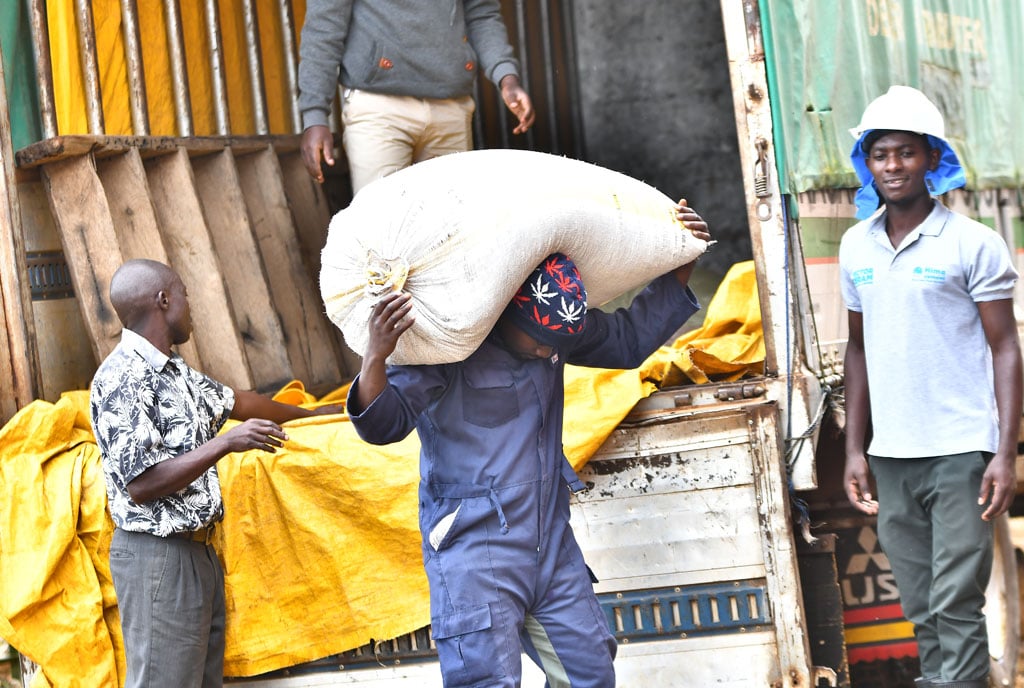
Benjamin Rukwengye
By next week, close to 800,000 children will complete their Primary Leaving Examinations. The number of candidates is higher than last year’s by about 50,000. This is a great win for Uganda’s capital development and a sign of continued post-Covid-19 recovery.
Unfortunately, about a million others won't be taking the exam despite enrolling seven years ago. The story of our obscene school dropout numbers has been told from every imaginable angle, so we don’t have to hit any more replays.
The economy has no way to absorb them and the thousands of others who will not transition to secondary school or drop out along the way. When they come of age, many will probably try and find work in the Middle East while the rest will hustle in the machine that is Uganda’s amorphous informal economy. In the last couple of years, the government of Uganda has made some confounding decisions.
The populist Anti-Homosexuality law was the latest of those forced through even when many people called for caution. Now, there is a heated debate where coffee farmers are at loggerheads with the government over an obnoxious bill that seeks to regulate the cash crop.
The maneuvering started about three years ago when there was an underhanded scheme to hand the country’s coffee business to a certain Enrica Pinetti.
The uproar was unprecedented, including the argument that the woman was a wheeler dealer who had no prior experience in the business. That was quickly dropped but then another money-grabbing scheme in which some Ugandan coffee businessmen with connections to the regime were allocated billions of shillings with no clear explanation.
The jury is still out on this scheme but it doesn’t seem like the threat has been fended off. For some reason, we always seem to want to continue digging when we are already in a deep hole. For a crop that is raking in a billion dollars, you can understand why the farmers are up in arms.
Despite what the numbers say, the economy just isn’t working. The astronomical school dropouts – over 65 percent - among the poor and rural are evidence of that.
The lethargy and inefficiencies in public service haven’t helped with offering quick responses to issues of bread and butter that are at the top of citizens’ concerns. That is why there is resistance to the rationalization of the Uganda Coffee Development Authority because, in a sea of mediocrity, it is one of the few shining lights that are still left.
Their primary mandate might be to increase production, enhance quality, promote consumption, and provide research leadership on coffee but they do more than that.
Coffee does more than that. It keeps kids in school. It pays medical bills. It builds homes and businesses. It fulfills dreams. Handled well, it can absorb the millions of young people who drop out of our school system and waste away in survivalist activities.
With rational thinking, those same young people could be exporting millions of bags of coffee and living large here instead of exporting themselves into modern-day slavery in the Middle East. But that duty cannot be left to politicians.
As we have seen in the past, they only prioritize their needs and, on many issues, they have proven themselves incapable of knowing the difference between the heads and tails of things.
While having distinguished himself as a man of range on all sorts of issues, even the President needs to sit this one out and let the stakeholders take the lead.
For more than a decade, the government has been suffering a chronic trust deficit. That is mostly down to those same decisions – taken or not – at the expense of the citizens and to the disadvantage of a few.
Even worse, as always, it still hasn’t done a good job of communicating its intentions and rationale. We need to get to a point where the people feel confident that the government is acting in their interest. Decisions like this don’t inspire confidence.
If nearly 40 years into your reign, you still have a significant number of your kids dropping out of school, you need for their parents to get into the coffee trade as soon as last year.
You need to be adding it to the curriculum and make its growing and trading an alternative career pathway. Mostly, you need farmers on your side because you can’t afford to piss them off.







